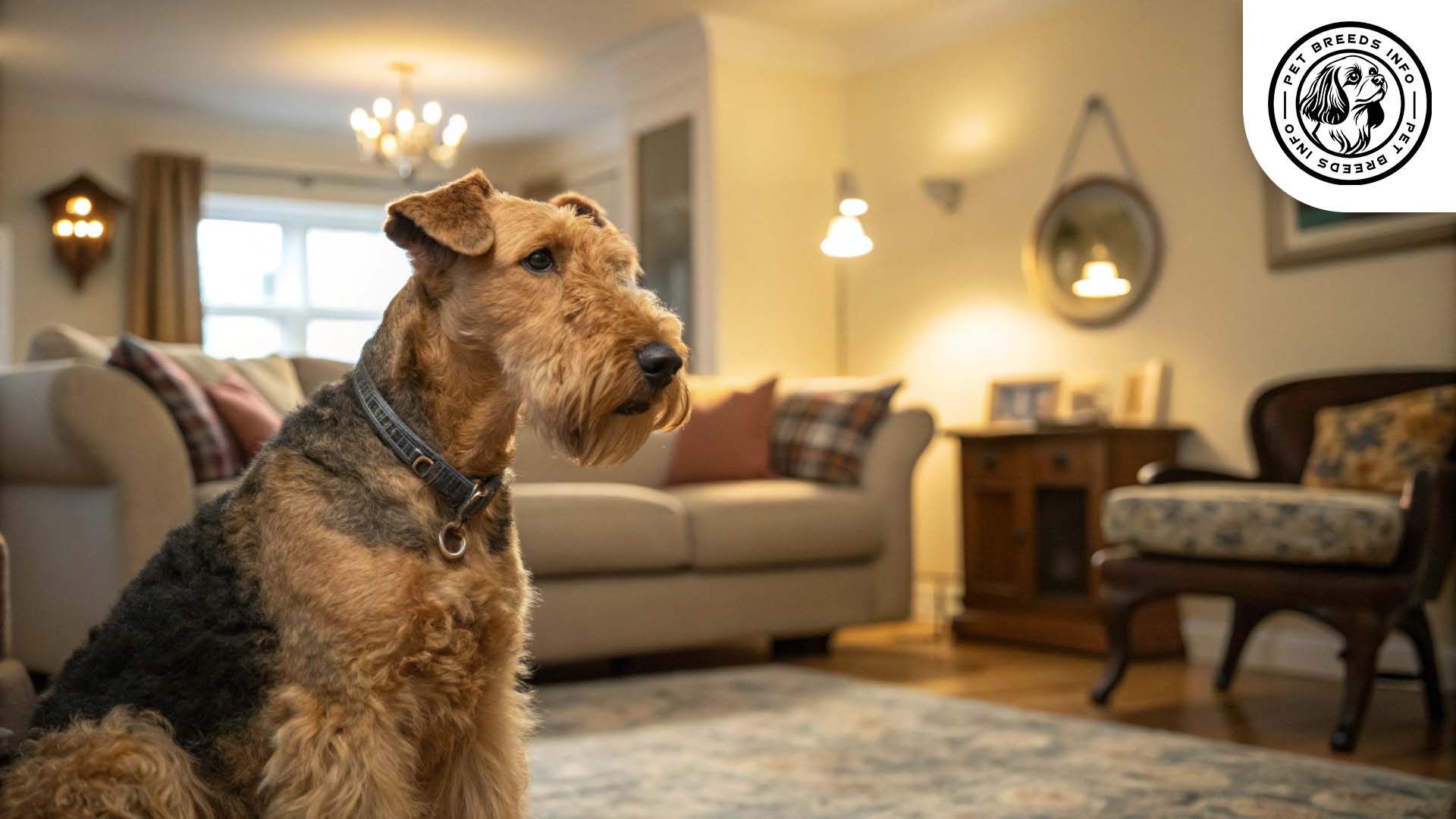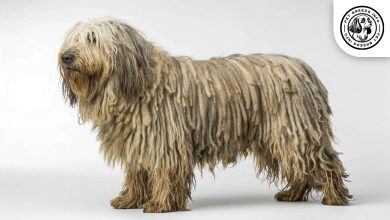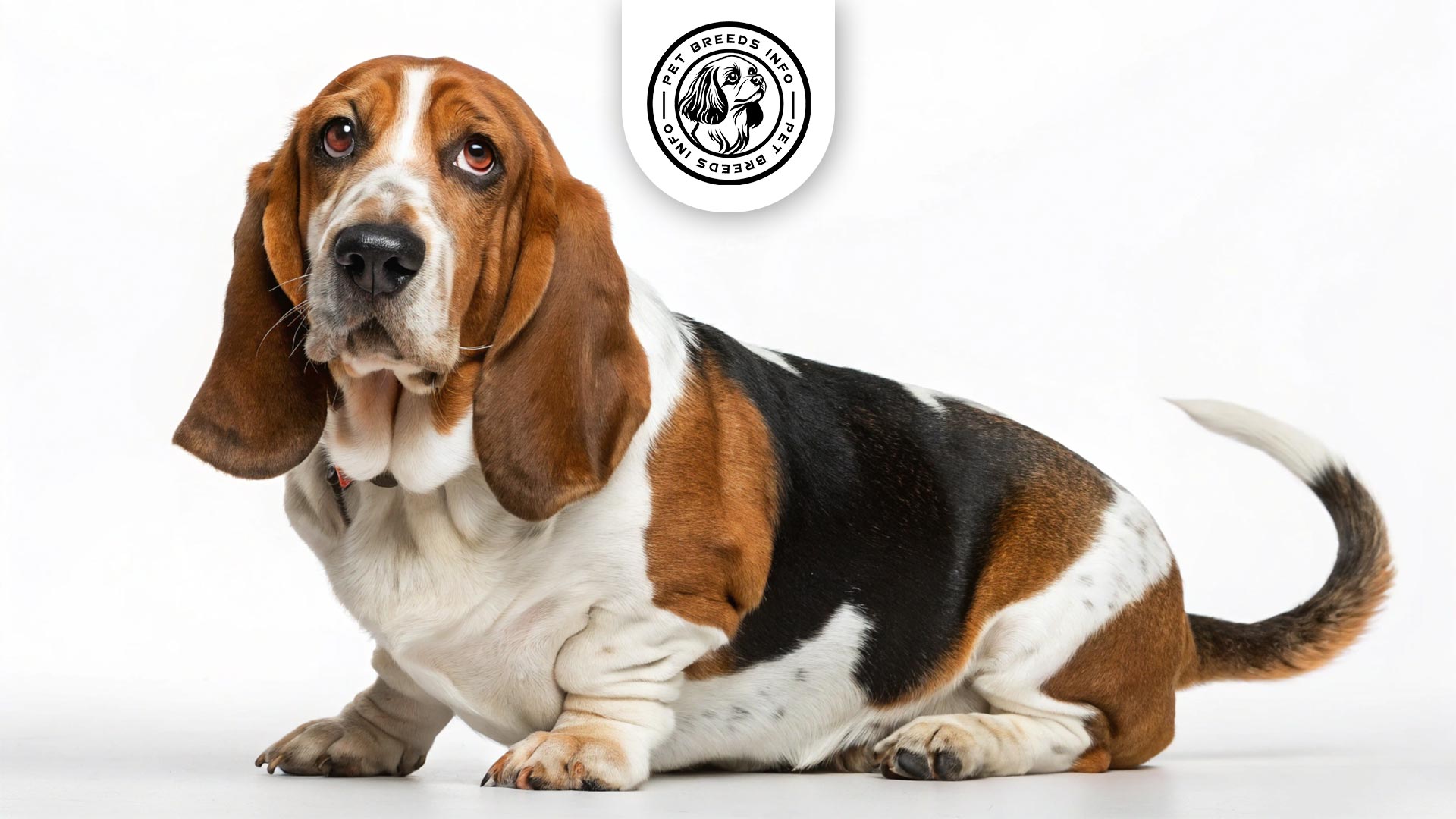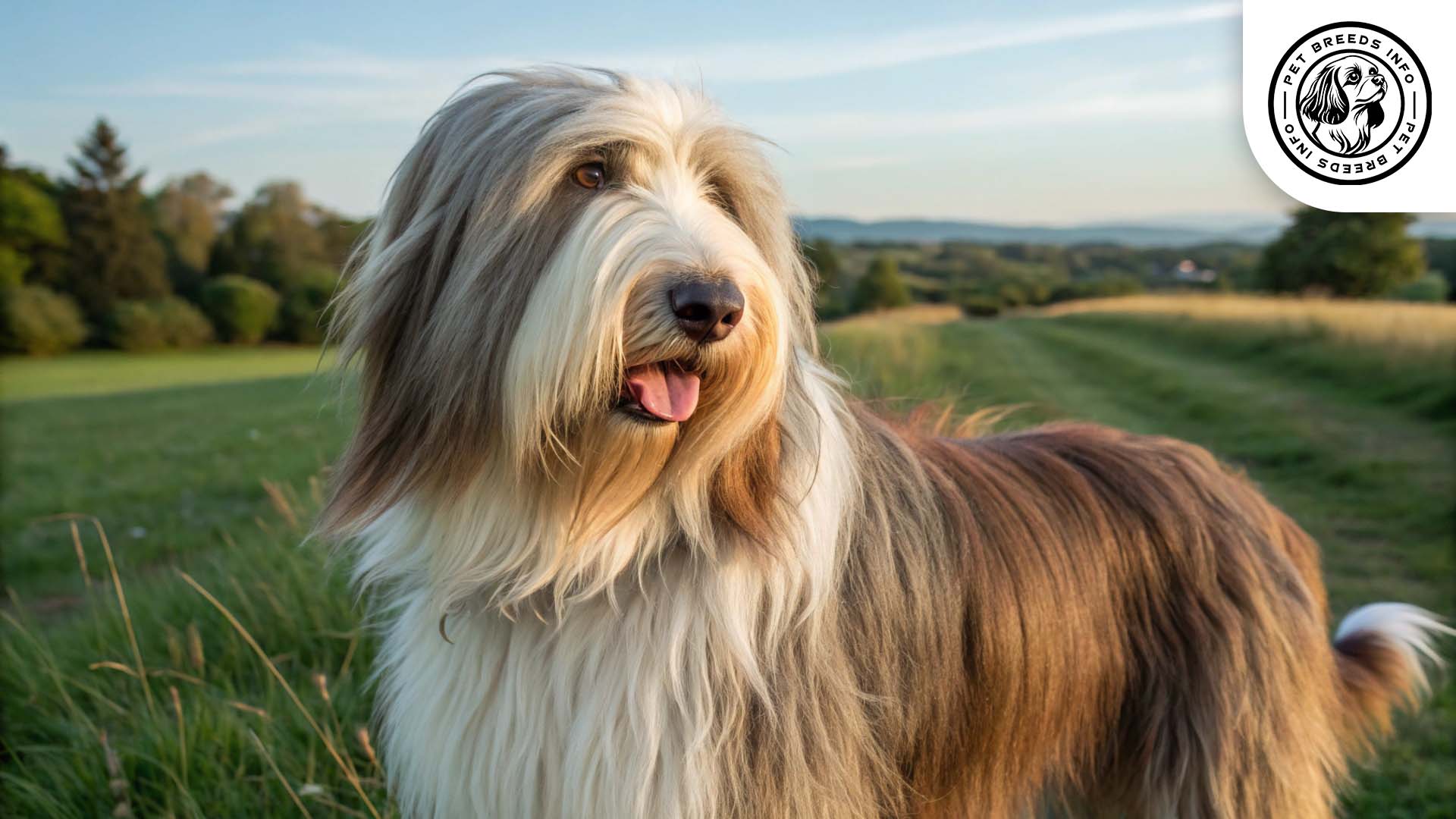Welsh Terrier Dog Breed: Size, Health, Price & Personality
General Introduction of the Breed
The Welsh Terrier, known in Welsh as “Daeargi Cymreig,” is a small yet sturdy dog breed originating from Wales, United Kingdom. It was originally bred for hunting foxes, badgers, and otters, excelling due to its agility, intelligence, and bold personality. Over time, the breed transitioned from a working terrier to a family companion, admired for its playful and affectionate nature.
Table of Contents
| Weight | 20-22 lbs (9-10 kg) |
| Lifespan | 12-15 years |
| Diet | High-quality kibble, wet food, or balanced diet |
| Care | Moderate grooming, regular exercise, routine hygiene |
| Health | Prone to hip dysplasia, epilepsy, cataracts, skin allergies |
| Color | Black and tan (sometimes with grizzle markings) |
| Nature | Loyal, energetic, intelligent, independent |
| Price | $1,000 – $3,000 (puppies from breeders) |
Physical Characteristics
The Welsh Terrier is a compact and well-balanced breed with a distinct appearance. Males and females typically stand between 15 to 15.5 inches (38 to 39 cm) tall and weigh around 20 to 22 pounds (9 to 10 kg).
This breed has a dense, wiry coat that provides protection from harsh weather. The coat color is predominantly black and tan, though some may have grizzle markings.
The Welsh Terrier’s eyes are small, dark, and full of expression, giving it an alert and intelligent look. Its ears are V-shaped, set high on the head, and fold forward. The tail is typically carried upright and is often docked in some regions where it is still permitted.
One of its most distinctive features is its square-built frame, combined with a sharp, bearded muzzle that adds to its charming and lively appearance.
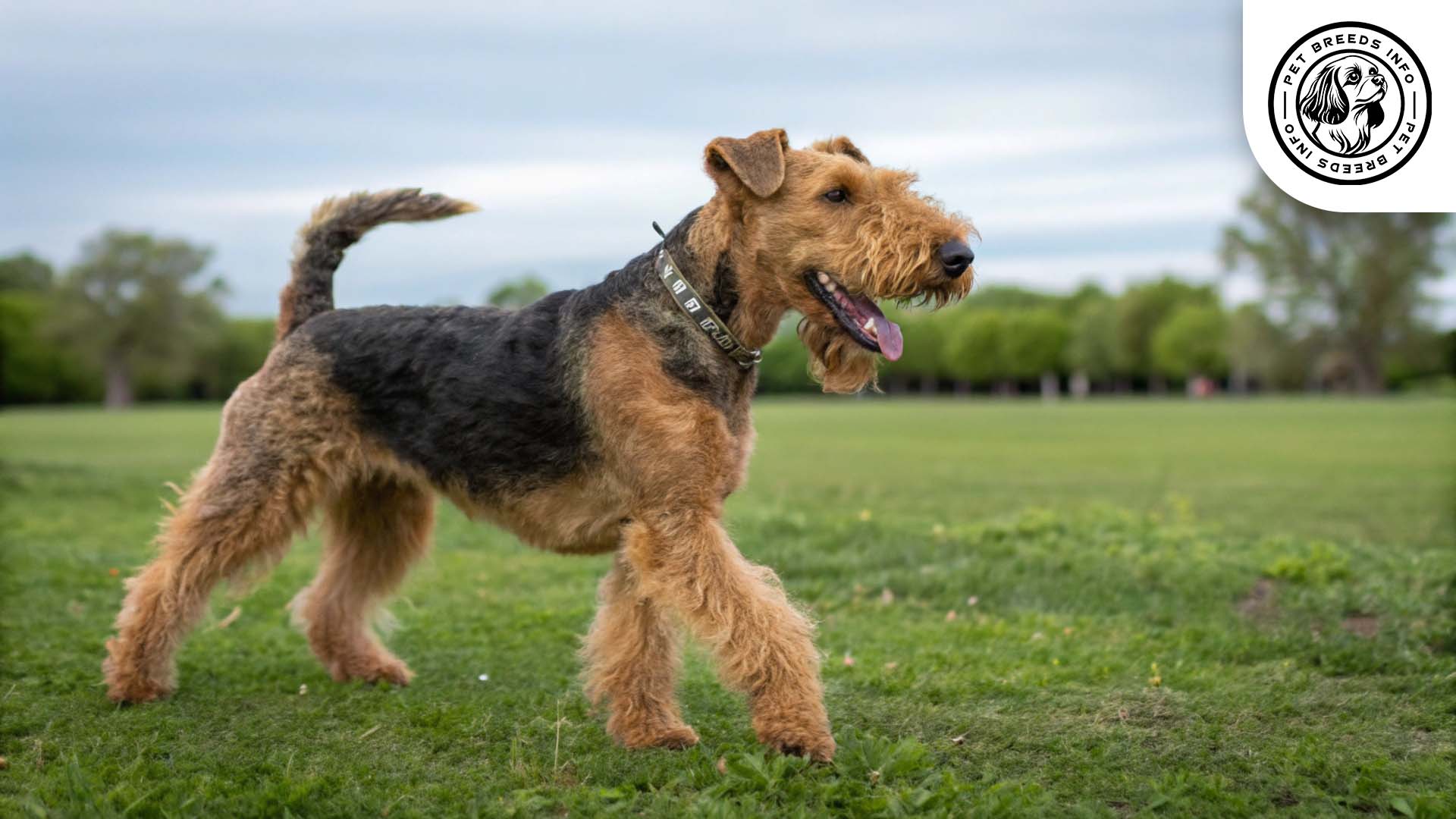
Personality and Temperament
The Welsh Terrier is intelligent, quick to learn, and full of energy. It thrives on active play and enjoys challenges that engage its mind.
This breed has high energy levels and requires regular exercise to stay happy and healthy. It is known for being extremely loyal to its owners, forming strong bonds with family members.
Welsh Terriers are generally social and friendly with both humans and other pets when properly trained. They get along well with children but may display some stubbornness, making early socialization important. Due to their hunting background, they may have a high prey drive and chase smaller animals.
They are sensitive to their surroundings and can react to changes in routine, making consistency in daily life beneficial for this breed.
Read More: Welsh Springer Spaniel Dog
Care and Maintenance Requirements
Welsh Terriers need daily exercise, such as walks, runs, and play sessions. They enjoy fetch, agility training, and interactive toys that challenge their minds.
They adapt well to different living environments but thrive best in homes with space to run and explore. While they can live in apartments, regular outdoor activity is essential.
Grooming is moderate, with a need for weekly brushing to maintain their wiry coat. Hand-stripping every few months helps maintain its texture. Shedding is minimal.
They can tolerate various climates but should be protected from extreme heat and cold. Regular maintenance includes nail trimming, ear cleaning, and dental care to prevent health issues.
Diet and Nutrition
The Welsh Terrier benefits from high-quality dry or wet food suited to small or medium-sized dogs. A balanced diet with proteins, fats, and carbohydrates is essential.
Owners should avoid feeding them chocolate, grapes, onions, and foods high in fat or spice, as these can be harmful.
Portion sizes vary based on activity level and age, with most adults needing two meals per day.

Health and Common Medical Issues
Common health concerns include hip dysplasia, epilepsy, and eye disorders such as cataracts. Some Welsh Terriers may also suffer from skin allergies.
Read More: Treeing Walker Coonhound Dog
The breed has a typical lifespan of 12 to 15 years, with proper veterinary care extending its healthy years.
Routine check-ups, vaccinations, and parasite prevention are essential to maintaining overall well-being.
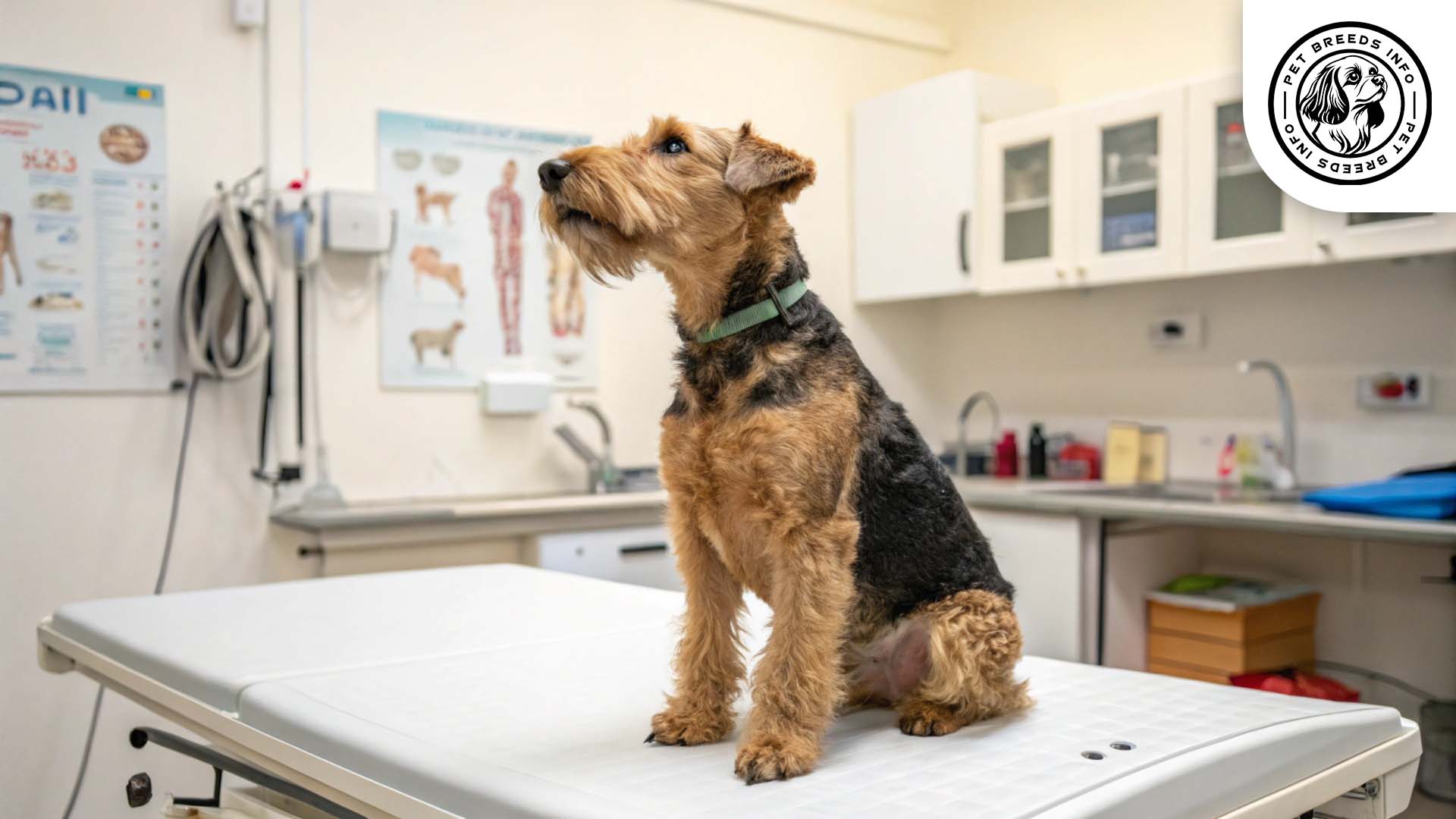
Training and Behavior Management
Welsh Terriers are intelligent but can be independent, making training both rewarding and challenging. Positive reinforcement methods work best.
Early socialization helps prevent stubbornness and undesirable behaviors. Consistency and patience are key when training this breed.
They respond well to task-oriented training and thrive with structured activities that keep them engaged.
Interaction with Other Animals and Humans
Welsh Terriers are generally affectionate and playful with children, making them great family pets.
They can coexist with other pets, though their hunting instincts may make them chase smaller animals. Proper introductions and training can minimize conflicts.
This breed suits both individuals and families, though it requires an active lifestyle and regular companionship.
They are independent but still form strong attachments to their owners, preferring to be involved in daily activities.
Read More: Vizsla Dog
Price and Availability
The average price for a Welsh Terrier puppy from a reputable breeder ranges from $1,000 to $3,000, depending on lineage and location.
Potential owners should consider adopting from shelters or breed-specific rescue organizations.
It is essential to choose a responsible breeder who conducts health screenings to ensure the well-being of the puppy.
Conclusion and Final Thoughts
The Welsh Terrier is a lively and intelligent breed suited to active individuals and families.
It thrives best in homes where it can receive plenty of exercise and mental stimulation.
Prospective owners should consider its high energy levels, grooming needs, and strong personality before making a commitment. With proper care, training, and attention, the Welsh Terrier can be a loyal and delightful companion.
FAQ
How much exercise does a Welsh Terrier need?
They require at least 60 minutes of daily exercise, including walks, playtime, and mental challenges.
Are Welsh Terriers good with children?
Yes, they are affectionate and playful but may be stubborn, so early socialization is important.
Do Welsh Terriers get along with other pets?
They can coexist with other dogs but may chase smaller animals due to their hunting instincts.
What are common health concerns for this breed?
They may develop hip dysplasia, epilepsy, cataracts, and skin allergies.
How much does a Welsh Terrier puppy cost?
Puppies from reputable breeders range between $1,000 and $3,000, with adoption as a more affordable option.
